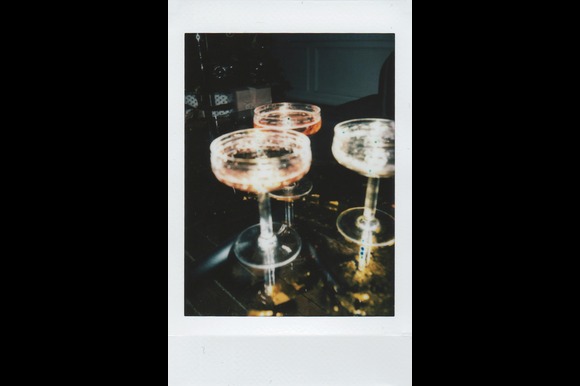Saudi Arabia on Monday dismissed recent media claims suggesting that the kingdom intends to end its 73-year-old ban on alcohol consumption. The official clarified that alcohol remains strictly prohibited in Saudi Arabia for practising Muslims, reaffirming the country’s commitment to its deeply rooted Islamic values.
What Triggered the Speculation?
The rumour originated from a wine blog that published a post last week alleging that Saudi authorities were preparing to legalise controlled alcohol sales in anticipation of hosting the 2034 FIFA World Cup. Although the original post did not cite any sources, several international media outlets picked up the story, lending it wider visibility.
The report sparked immediate debate across Saudi social media platforms, as residents of the conservative kingdom reacted to the unverified claims. The speculation was particularly sensitive given the country’s religious significance — the Saudi monarch also holds the title of Custodian of the Two Holy Mosques in Mecca and Medina, the most sacred sites in Islam.
Saudi Arabia’s Modernisation Drive
Crown Prince Mohammed bin Salman, widely known as MBS, has spearheaded sweeping social and economic reforms in recent years aimed at transforming the kingdom’s image and reducing its dependence on oil revenues. These reforms are part of a broader Vision 2030 strategy that includes bolstering tourism, attracting foreign investment, and opening up the country to the global community.
Notable reforms have included lifting the long-standing ban on women driving in 2017, easing restrictions on gender segregation, and significantly curbing the powers of the religious police. These changes have drawn both domestic and international attention to the kingdom’s evolving social landscape.
Alcohol Remains Restricted
In 2023, Saudi Arabia opened its first alcohol store in Riyadh, but access was strictly limited to non-Muslim diplomats. Prior to this, alcohol could only be brought into the country through diplomatic channels or acquired via illicit black market transactions. The kingdom enforces stringent anti-alcohol laws, with violators facing severe penalties such as fines, imprisonment, or deportation. While flogging was once a common punishment, it has largely been replaced with jail terms in recent years.
Key Reforms Under Crown Prince Mohammed bin Salman
- The kingdom lifted its 35-year ban on cinemas in 2018, debuting with Marvel’s Black Panther. All films continue to be subject to state censorship.
- Saudi women were granted the right to drive vehicles beginning in June 2018.
- That same year, women over the age of 21 gained the right to apply for passports and travel abroad without the need for male guardian approval.
- Saudi Arabia formally began welcoming tourists for the first time, as part of efforts to diversify its economy and boost non-oil revenue.
- Social norms have also relaxed, allowing men and women to mix freely in public spaces, and enabling women to attend concerts and football matches alongside men.
Despite these reforms, the kingdom maintains strict adherence to Islamic law, particularly regarding alcohol consumption. While its social fabric continues to evolve, the latest clarification indicates that some red lines — especially those tied to religion — remain firmly in place.






